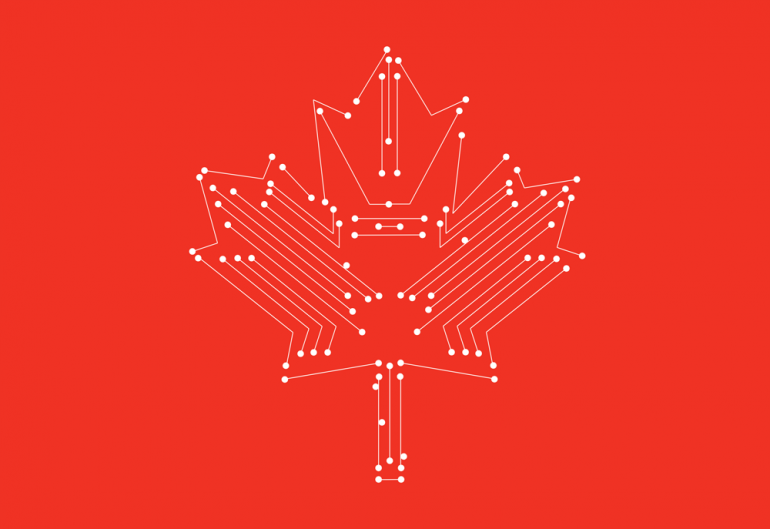The Canadian Institute for Advanced Research (CIFAR) has named eight new artificial intelligence (AI) chairs that are part of its implementation of the Pan-Canadian Artificial Intelligence Strategy.
Seven of the Canada CIFAR AI Chairs are affiliated with the Vector Institute with one appointed to Amii.
The chairs are meant to support Canadian understanding and research in the strategy’s priority areas, which include health, energy, the environment, fundamental science, and the responsible use of AI.
CIFAR is responsible for implementing the Pan-Canadian AI Strategy alongside Canada’s three major AI institutes, Amii, Mila, and the Vector Institute. Part of the Pan-Canadian AI Strategy, the CIFAR AI Chair program aims to provide researchers with long-term, dedicated funding to support training and research in artificial intelligence and machine learning.
Funding for the second phase of the Pan-Canadian AI Strategy, which was established in 2017, was announced in Budget 2021.
Federal innovation minister François-Philippe Champagne finally announced the details of the $443 million second phase in June.
While phase one of the Pan-Canadian AI Strategy focused on research, phase two is focused on the commercialization and standardization of AI, in addition to attracting talent.
When he announced the details of phase two, Champagne called phase one of the strategy “mission accomplished,” noting that it created over 100 AI chairs and brought 50 international AI researchers to Canada.
CIFAR also emphasized that statistic, adding that over the first five years “Canada has seen significant growth in its AI ecosystem,” including ranking fourth in the world on the Global AI Index and third among G20 countries in net talent migration for people with AI skills.
The Canadian AI space is also undergoing another notable change at the moment. Government bodies in Canada, the United States, as well as the European Union all currently have legislation on the table that could have implications for the creation and deployment of AI.
The federal Liberal government’s Bill C-27 is a wide-ranging privacy legislation that includes what would be Canada’s first law regulating the development and deployment of high-impact AI systems.
Stakeholders that BetaKit has spoken with have highlighted the importance of such a move but cautioned that legislation needs to be crafted in consultation with AI players, like Amii, Mila, and the Vector Institute.
The eight new CIFAR AI Chairs are:
Wenhu Chen, is joining the Vector Institute from the University of Waterloo. Chen’s research focuses models and algorithms that incorporate world knowledge into deep neural networks to make AI models more trustworthy.
Jeff Clune, is joining the Vector Institute from the University of British Columbia. Clune focuses his work on deep learning, including deep reinforcement learning.
Gillian Hadfield, is joining the Vector Institute from the University of Toronto’s Schwartz Reisman Institute for Technology & Society. Hadfield’s research is focused on the challenges of AI governance.
Xi He, is joining the Vector Institute from the University of Waterloo. His research focuses on the areas of privacy and security for big data, including the development of usable and trustworthy tools for data exploration and machine learning with provable security and privacy guarantees.
Linglong Kong, is joining Amii from the University of Alberta. Kong is already part of the federal government’s Canada Research Chair, and his AI research focuses on functional and neuroimaging data analysis, statistical machine learning, robust statistics and quantile regression, and AI in smart health.
Parvin Mousavi, is joining the Vector Institute from Queen’s University. Mousavi’s area of expertise is medical interventions and precision medicine.
Anatole von Lilienfeld, is joining the Vector Institute from the University of Toronto. von Lilienfeld leads an interdisciplinary team at the university where he works on theoretical and computational methods for the exploration of chemical compound space using quantum mechanics.
Vered Shwartz, who joins the Vector Institute from the University of British Columbia. Shwartz’s research focuses on natural language processing.
Feature image courtesy CIFAR.


